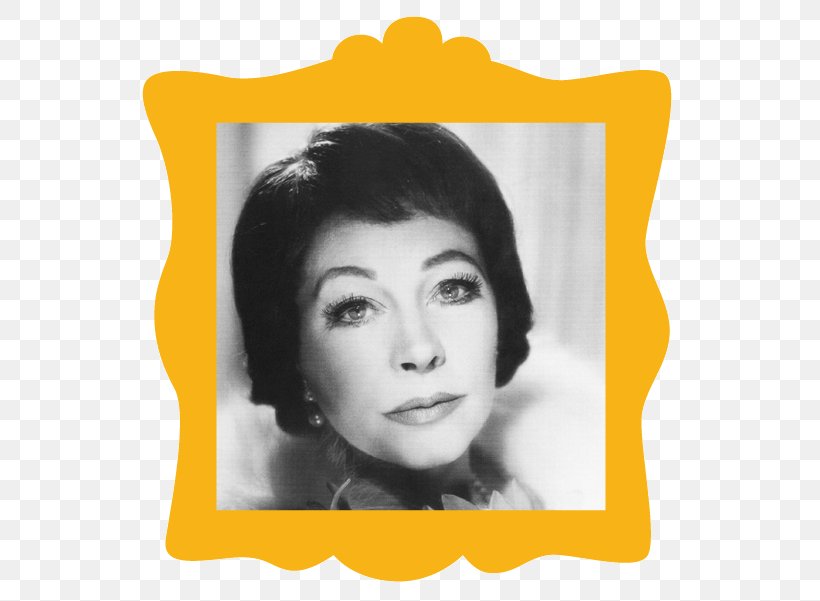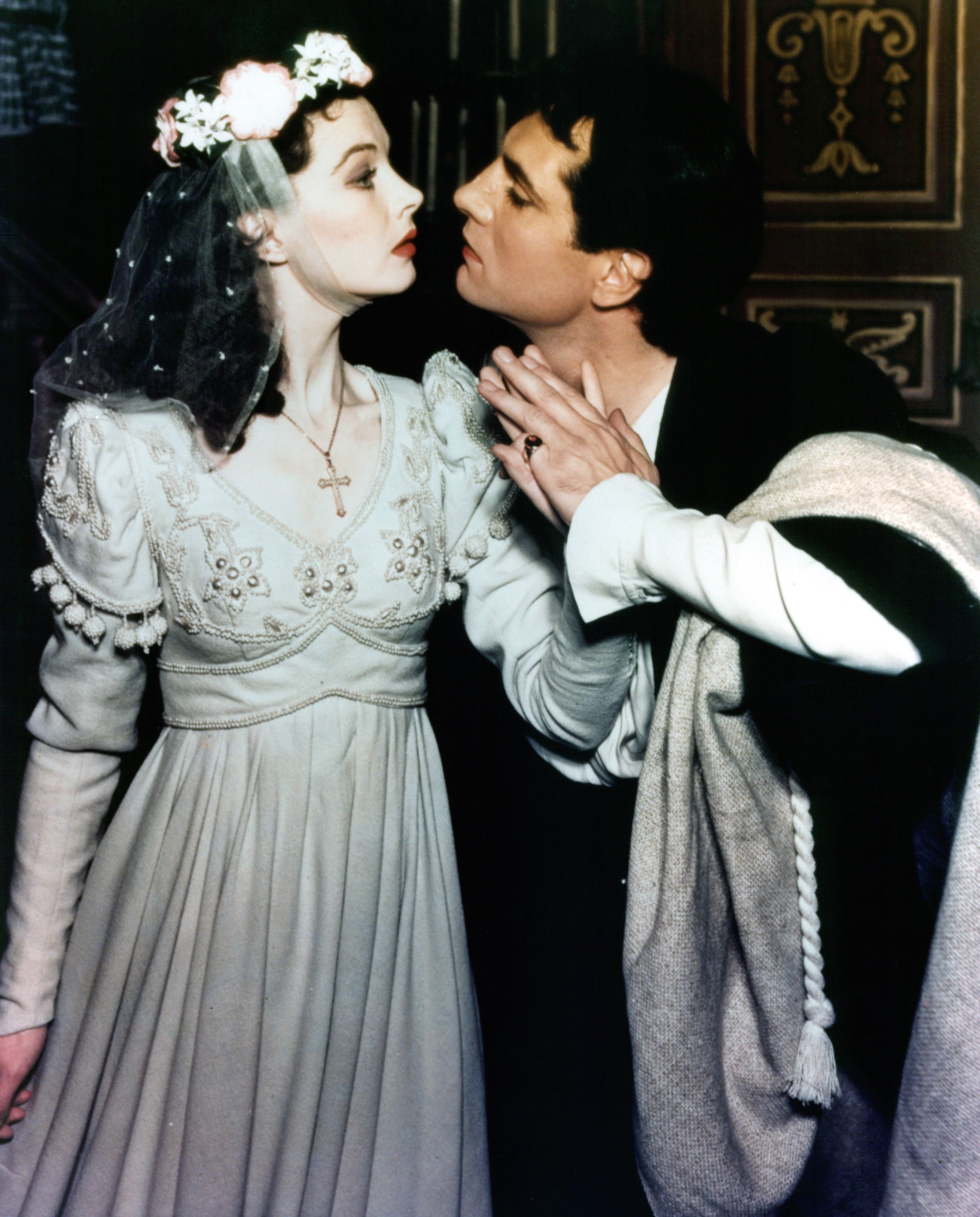Vivien Leigh's Battle With Bipolar Disorder: Understanding The Legacy Of A Hollywood Icon
Vivien Leigh, the renowned English actress, captivated audiences with her mesmerizing performances in films like "Gone with the Wind" and "A Streetcar Named Desire." However, behind the glamorous facade lay a personal struggle with bipolar disorder that significantly impacted her life and career. This article delves into the life of Vivien Leigh, shedding light on her mental health journey and the legacy she left behind.
As one of the most celebrated actresses of her time, Vivien Leigh's contributions to cinema are undeniable. Yet, her battle with bipolar disorder often went unnoticed by the public, overshadowed by her on-screen success. Understanding her mental health struggles provides a deeper insight into the complexities of her life and the challenges she faced both personally and professionally.
This article aims to explore Vivien Leigh's life, her mental health journey, and the impact of bipolar disorder on her career. By examining her experiences, we hope to foster greater awareness and empathy towards mental health issues, particularly those affecting individuals in the public eye.
- How Many People Does Madison Square Garden Hold A Comprehensive Guide
- Drinking Age In France A Comprehensive Guide To Legal Drinking Laws And Culture
Table of Contents
- Biography of Vivien Leigh
- Understanding Vivien Leigh's Mental Health
- What is Bipolar Disorder?
- Symptoms of Bipolar Disorder
- Diagnosis and Treatment
- Impact on Vivien Leigh's Career
- Raising Public Awareness
- Vivien Leigh's Legacy
- Sources and References
- Conclusion
Biography of Vivien Leigh
Vivien Leigh, born Vivian Mary Hartley on November 5, 1913, in Darjeeling, India, was a celebrated English actress known for her remarkable performances in theater and film. Her career spanned several decades, during which she earned two Academy Awards for her roles in "Gone with the Wind" and "A Streetcar Named Desire." Below is a brief overview of her life:
Personal Information
| Full Name | Vivian Mary Hartley |
|---|---|
| Stage Name | Vivien Leigh |
| Date of Birth | November 5, 1913 |
| Place of Birth | Darjeeling, India |
| Spouse | Laurence Olivier (1940–1960) |
| Children | Suzanna Olivier |
| Death | July 8, 1967 (aged 53) |
Vivien Leigh's early life was marked by frequent moves due to her father's work, but her passion for acting was evident from a young age. She attended the Royal Academy of Dramatic Art and quickly rose to prominence in the British theater scene before transitioning to Hollywood.
Understanding Vivien Leigh's Mental Health
Vivien Leigh's mental health struggles were a significant part of her life, though they were not widely discussed during her time. Bipolar disorder, which she battled throughout her life, affected her mood, energy levels, and overall well-being. Her condition often influenced her career decisions and relationships.
- New York City Police Department 110th Precinct A Comprehensive Guide
- Valvoline Oil Change Coupons 25 Off Your Ultimate Guide To Saving Big
Challenges Faced
- Fluctuating moods that impacted her work
- Difficulty maintaining stable relationships
- Periods of intense depression and mania
Despite these challenges, Vivien Leigh continued to pursue her passion for acting, leaving a lasting legacy in the world of cinema.
What is Bipolar Disorder?
Bipolar disorder, formerly known as manic-depressive illness, is a mental health condition characterized by extreme mood swings that include emotional highs (mania or hypomania) and lows (depression). These mood swings can affect energy levels, activity levels, and the ability to carry out daily tasks.
Types of Bipolar Disorder
- Bipolar I Disorder: Defined by manic episodes that last at least seven days
- Bipolar II Disorder: Characterized by depressive episodes and hypomanic episodes
- Cyclothymic Disorder: Involves numerous periods of hypomanic and depressive symptoms
Understanding the different types of bipolar disorder helps in diagnosing and treating the condition effectively.
Symptoms of Bipolar Disorder
The symptoms of bipolar disorder vary depending on the phase of the illness. During manic episodes, individuals may experience:
- Inflated self-esteem or grandiosity
- Decreased need for sleep
- More talkative than usual
- Distractibility
In contrast, depressive episodes may include:
- Feelings of sadness or hopelessness
- Loss of interest in activities
- Changes in appetite or weight
- Difficulty concentrating
Recognizing these symptoms is crucial for early intervention and treatment.
Diagnosis and Treatment
Diagnosing bipolar disorder involves a thorough evaluation by a mental health professional. This includes assessing the individual's mood swings, behavior patterns, and medical history. Treatment typically involves a combination of medication and psychotherapy.
Common Treatments
- Mood stabilizers such as lithium
- Antidepressants for depressive episodes
- Cognitive-behavioral therapy (CBT)
With proper treatment, individuals with bipolar disorder can lead fulfilling lives, as evidenced by Vivien Leigh's enduring success in the entertainment industry.
Impact on Vivien Leigh's Career
Vivien Leigh's bipolar disorder had a profound impact on her career. Periods of mania and depression often affected her ability to work consistently, leading to gaps in her filmography. However, her dedication to her craft and resilience allowed her to achieve remarkable success.
Notable Achievements
- Two Academy Awards for Best Actress
- Recognition as one of the greatest actresses of her time
- Legacy as a pioneer in raising awareness about mental health
Her performances remain timeless, serving as a testament to her talent and perseverance.
Raising Public Awareness
Vivien Leigh's battle with bipolar disorder highlights the importance of raising public awareness about mental health issues. By sharing her story, we can reduce stigma and encourage individuals to seek help when needed.
Steps to Promote Awareness
- Educating the public about bipolar disorder
- Encouraging open conversations about mental health
- Providing resources for individuals and families affected by mental illness
Through education and advocacy, we can create a more supportive environment for those living with mental health conditions.
Vivien Leigh's Legacy
Vivien Leigh's legacy extends beyond her accomplishments in the entertainment industry. She remains an inspiration for her courage in facing personal challenges and her contributions to raising awareness about bipolar disorder. Her life serves as a reminder of the importance of mental health care and support.
Legacy Highlights
- Iconic performances in classic films
- Advocacy for mental health awareness
- Enduring influence on future generations of actors
Her impact on both the arts and mental health awareness continues to resonate today.
Sources and References
This article draws on information from reputable sources, including:
- Biographies of Vivien Leigh
- Medical journals on bipolar disorder
- Historical accounts of Hollywood during the mid-20th century
These sources provide a comprehensive understanding of Vivien Leigh's life and her mental health journey.
Conclusion
Vivien Leigh's battle with bipolar disorder was a significant aspect of her life that shaped her career and legacy. By examining her experiences, we gain a deeper appreciation for her resilience and the challenges she overcame. Her story serves as a powerful reminder of the importance of mental health awareness and support.
We invite you to share your thoughts and experiences in the comments below. For more insightful articles on mental health and the arts, explore our other content. Together, let's continue the conversation and work towards a more compassionate and informed society.
- Natalia Dyer And Charlie Heaton A Comprehensive Look At Their Lives Careers And Relationship
- How Old Is Floyd Mayweather A Comprehensive Guide To The Boxing Legends Life And Career

Vivien Leigh Portrait m Bipolar Disorder Black & White Picture Frames

Vivien Leigh Battled Bipolar Disorder — inside 'Gone With The Wind

Vivien Leigh Battled Bipolar Disorder — inside 'Gone With The Wind